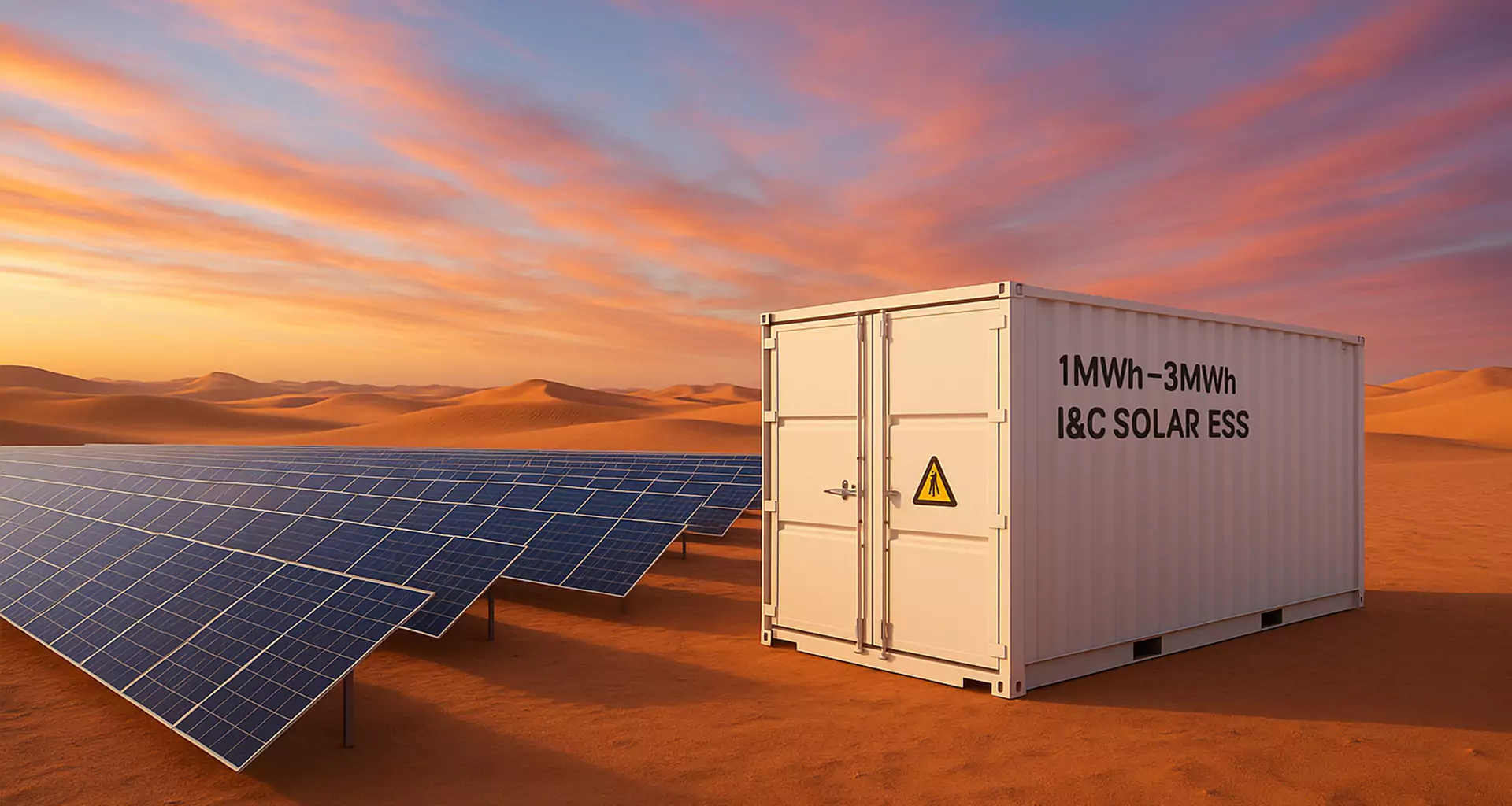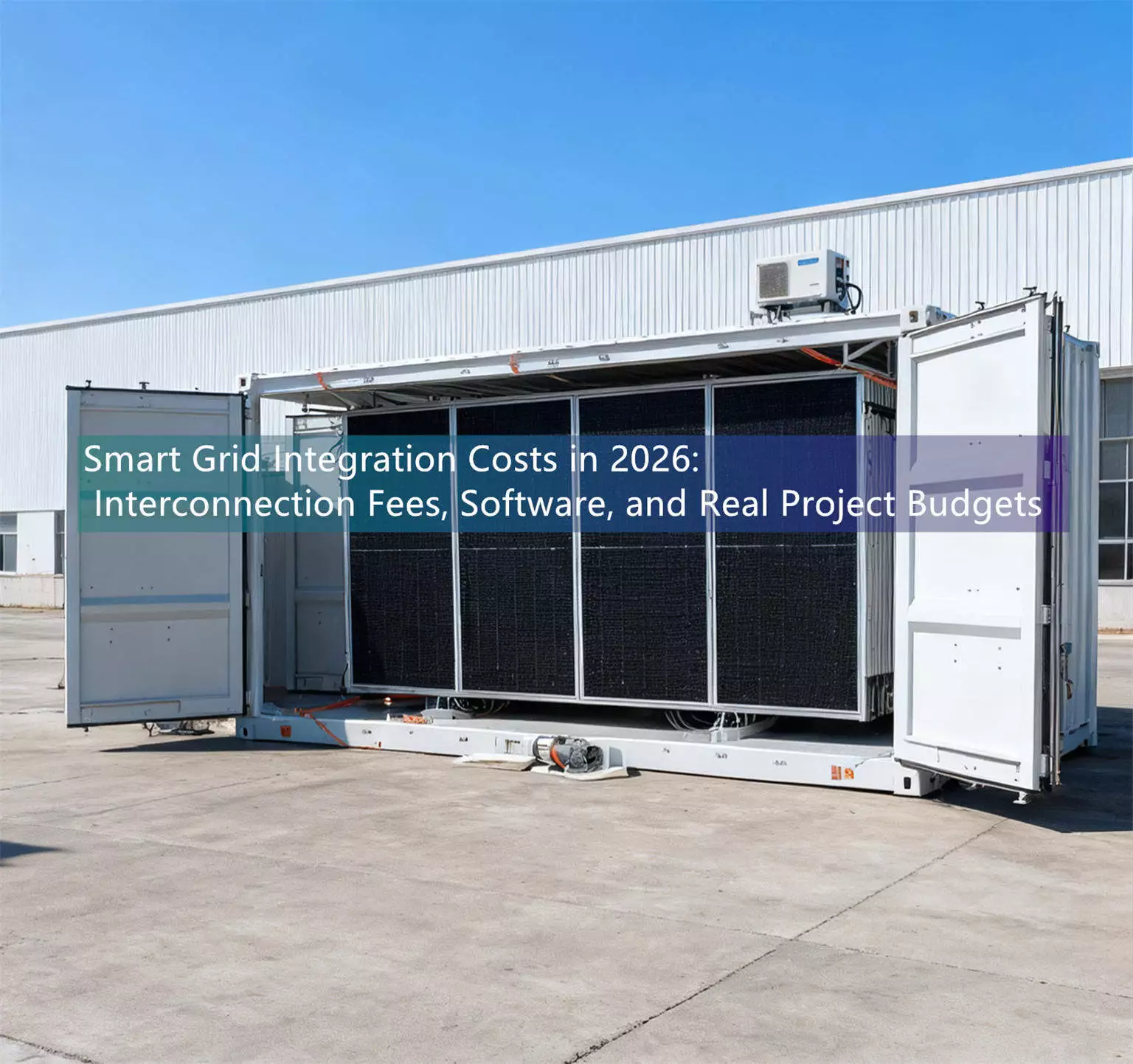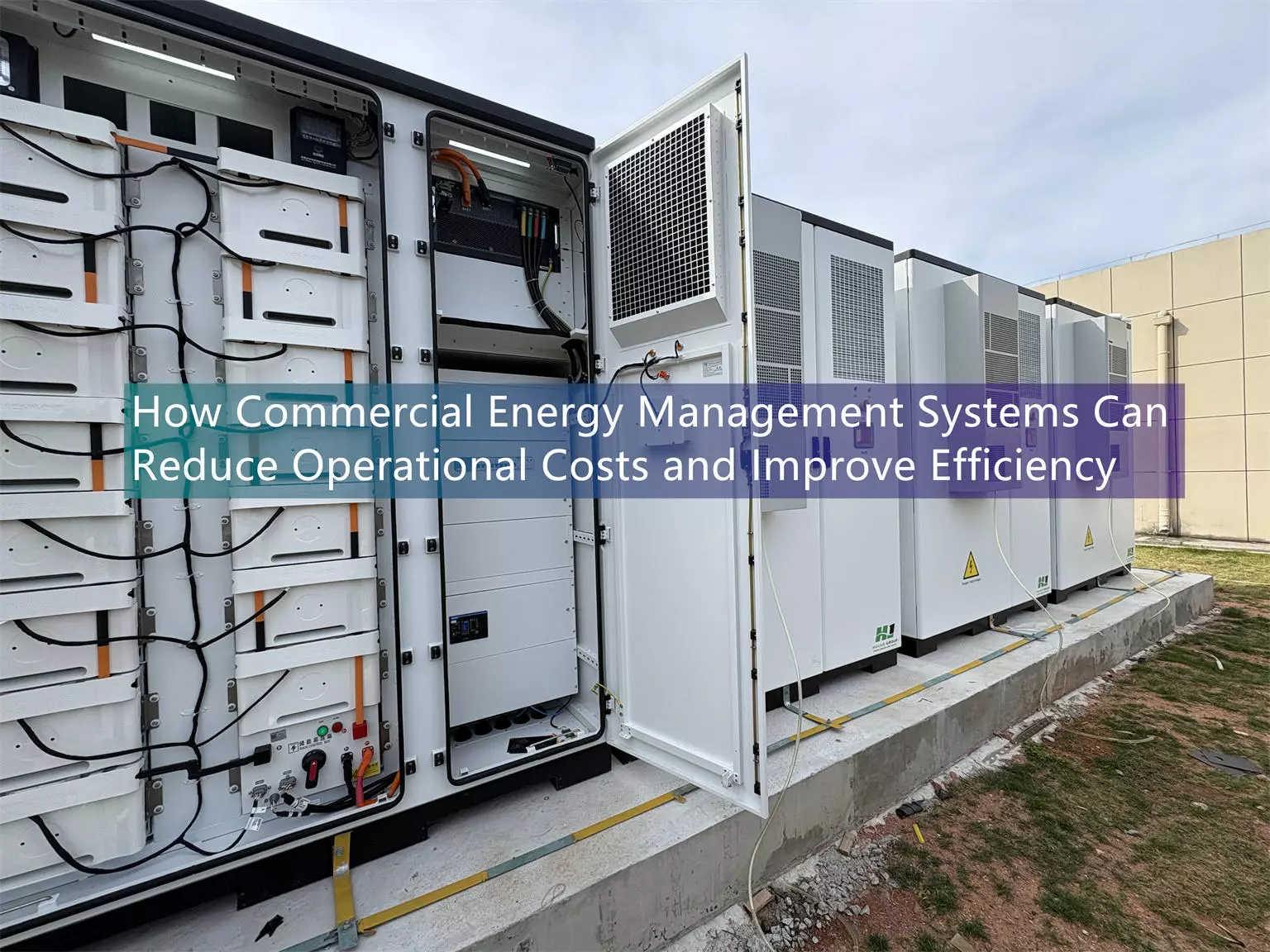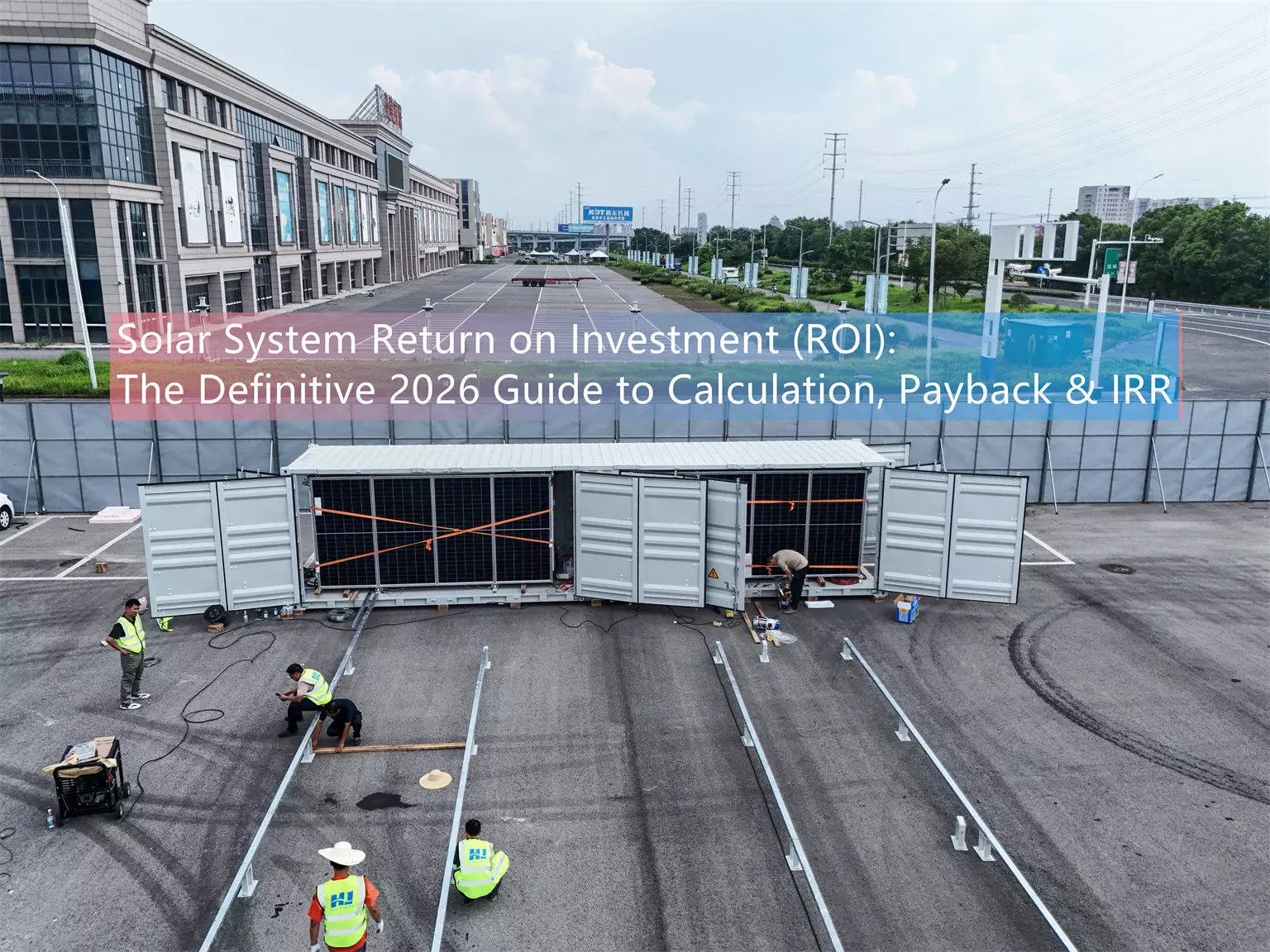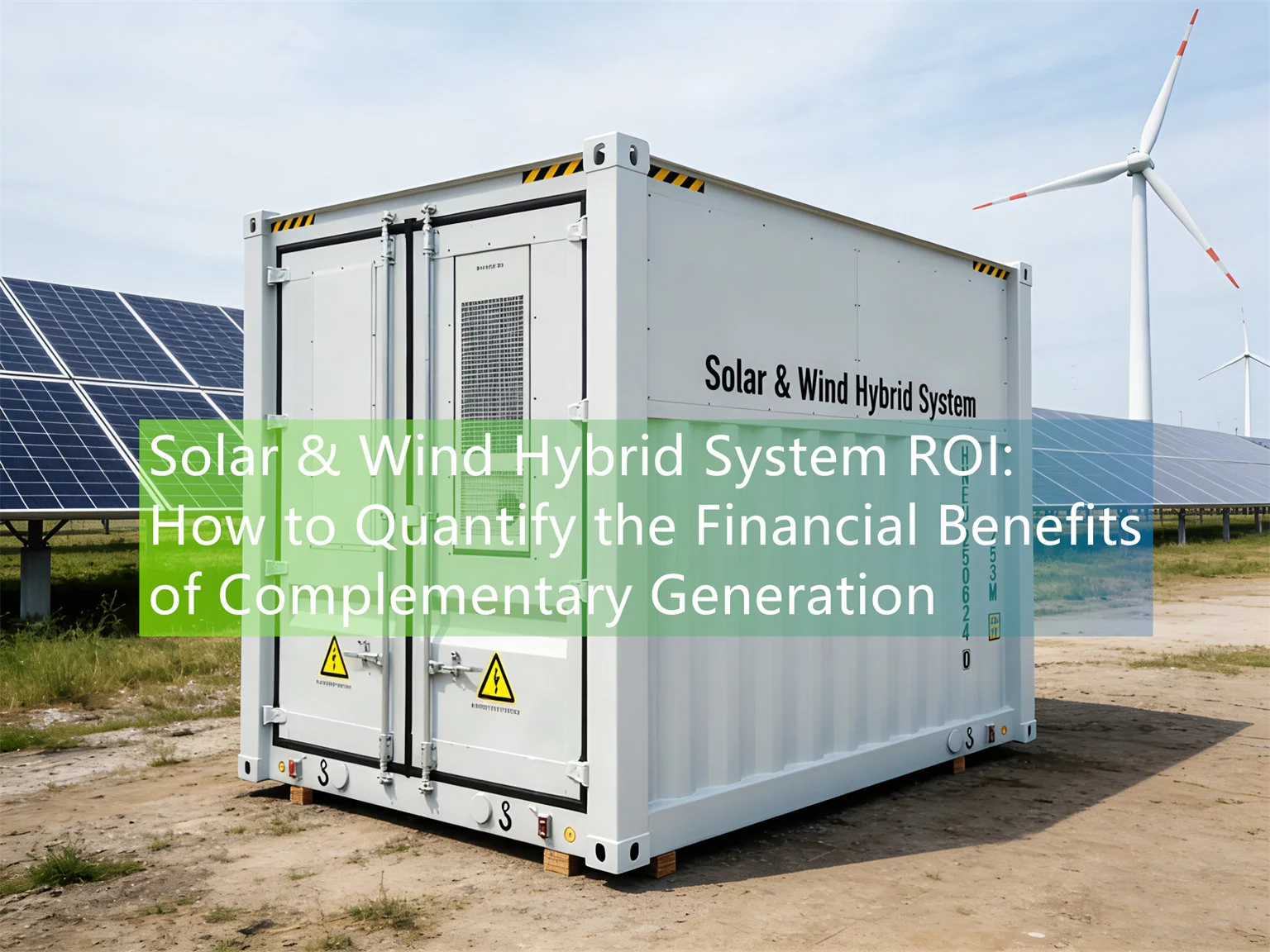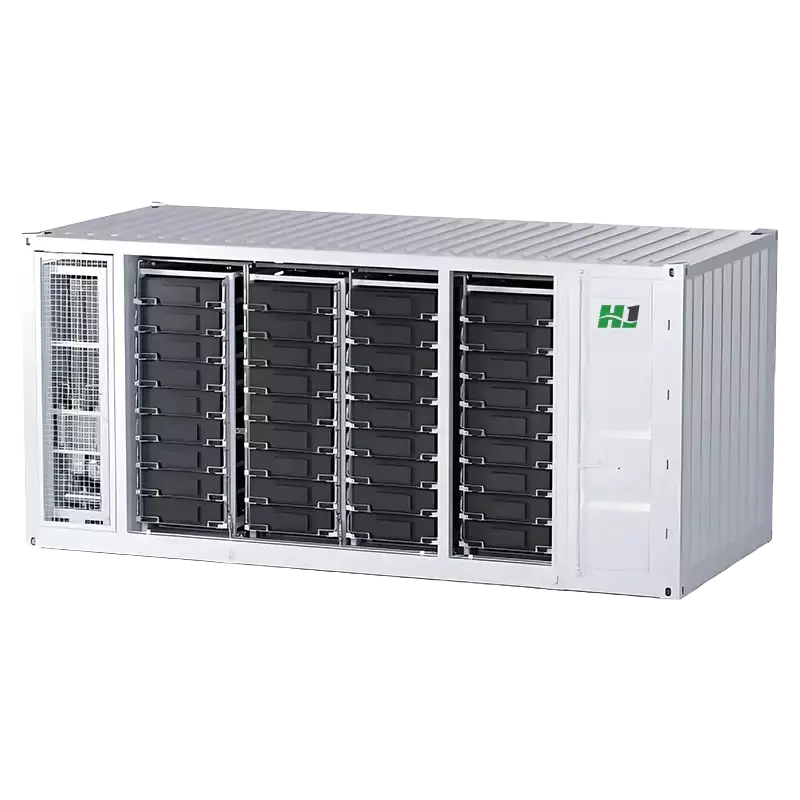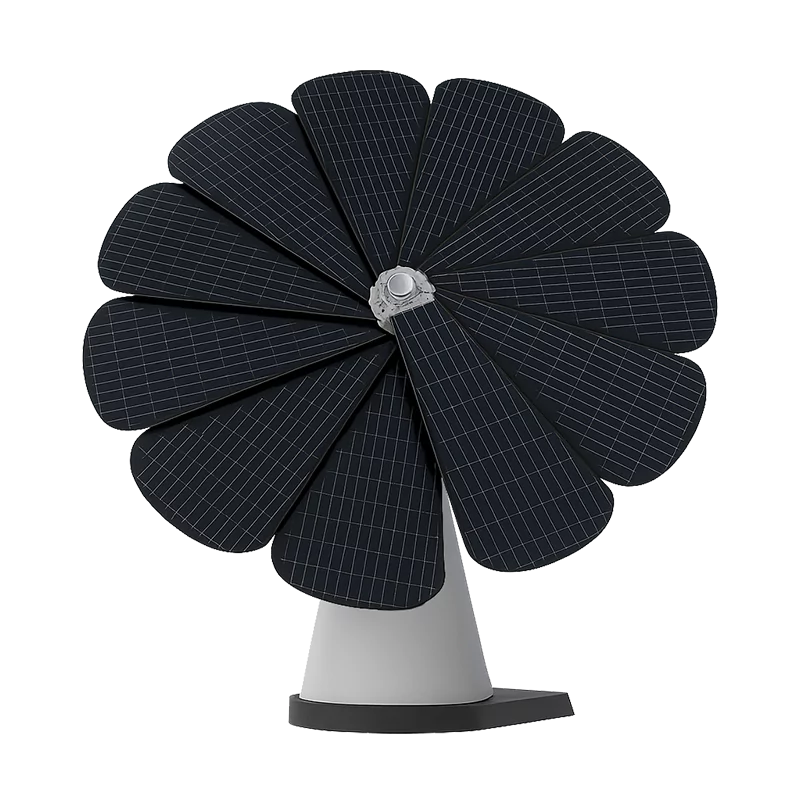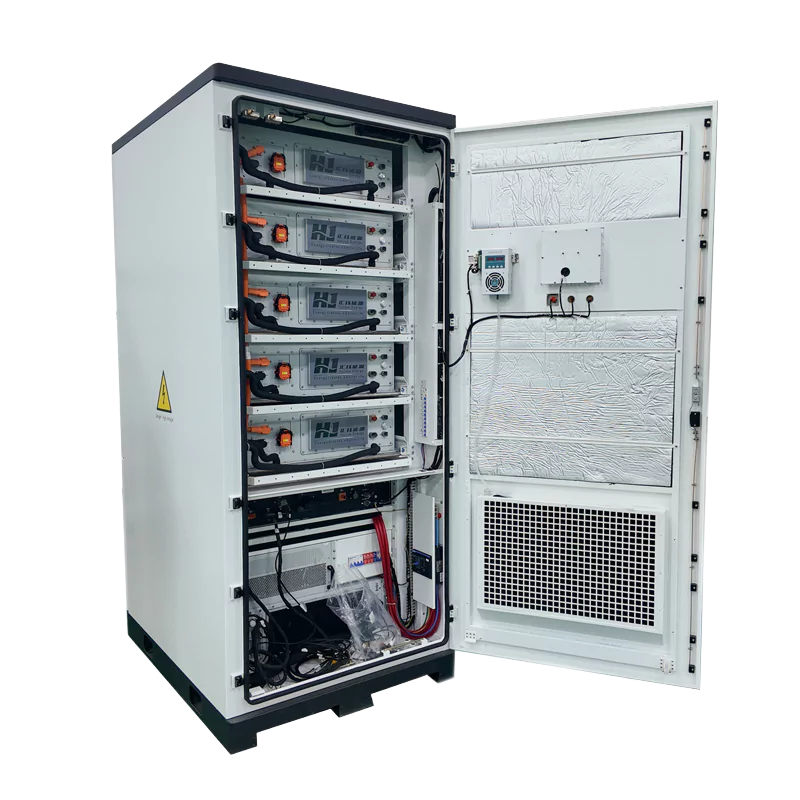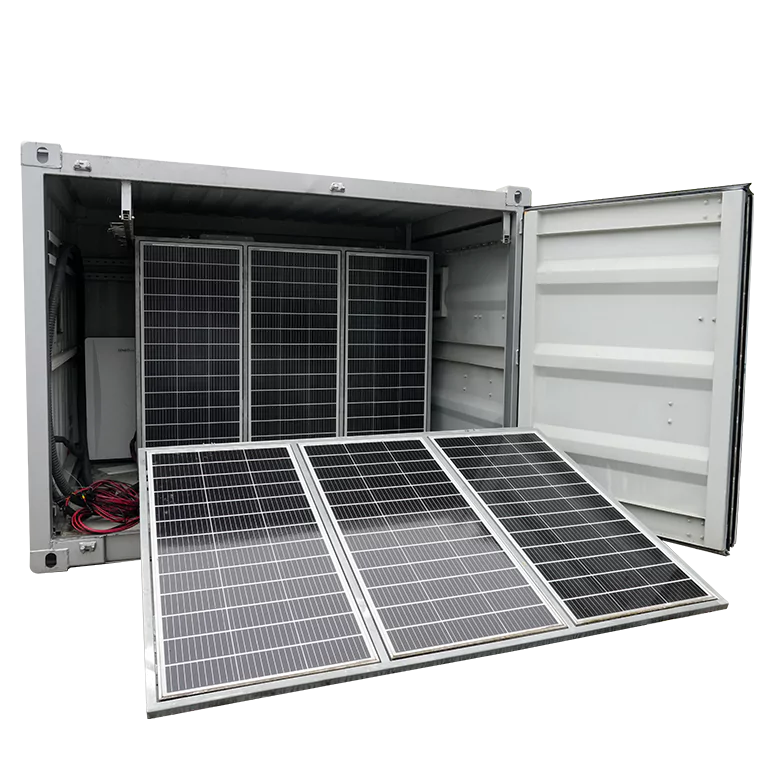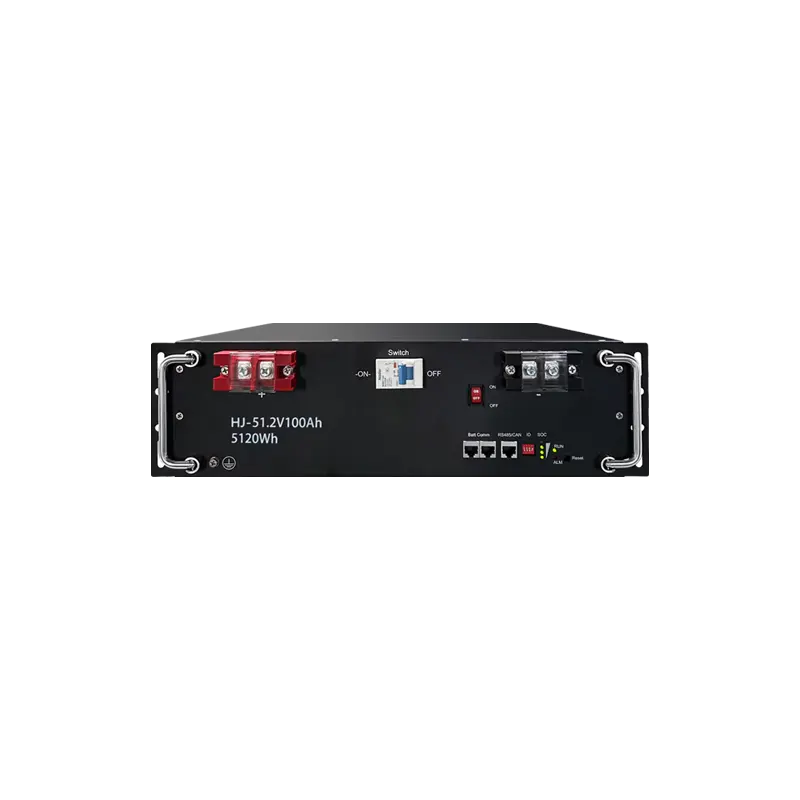A Giant Ship was Equipped with a “Sea Power Bank”, Saving 260 Tons of Fuel in a Year!
You may not have heard of “Marine energy storage”, but you must have heard of “power banks”.
Now, even the global shipping giant Maersk has started to install “power banks” on its ships. Recently, they deployed a 600kWh energy storage system on a 4,500 TEU container ship. After integrating it with the ship’s waste heat recovery system, it can not only generate and store electricity by itself but also save 260 tons of fuel a year! It is equivalent to saving the ship thousands of kilometers, making it quieter and more environmentally friendly.
This new equipment is also vividly called “Sea power bank” by everyone.
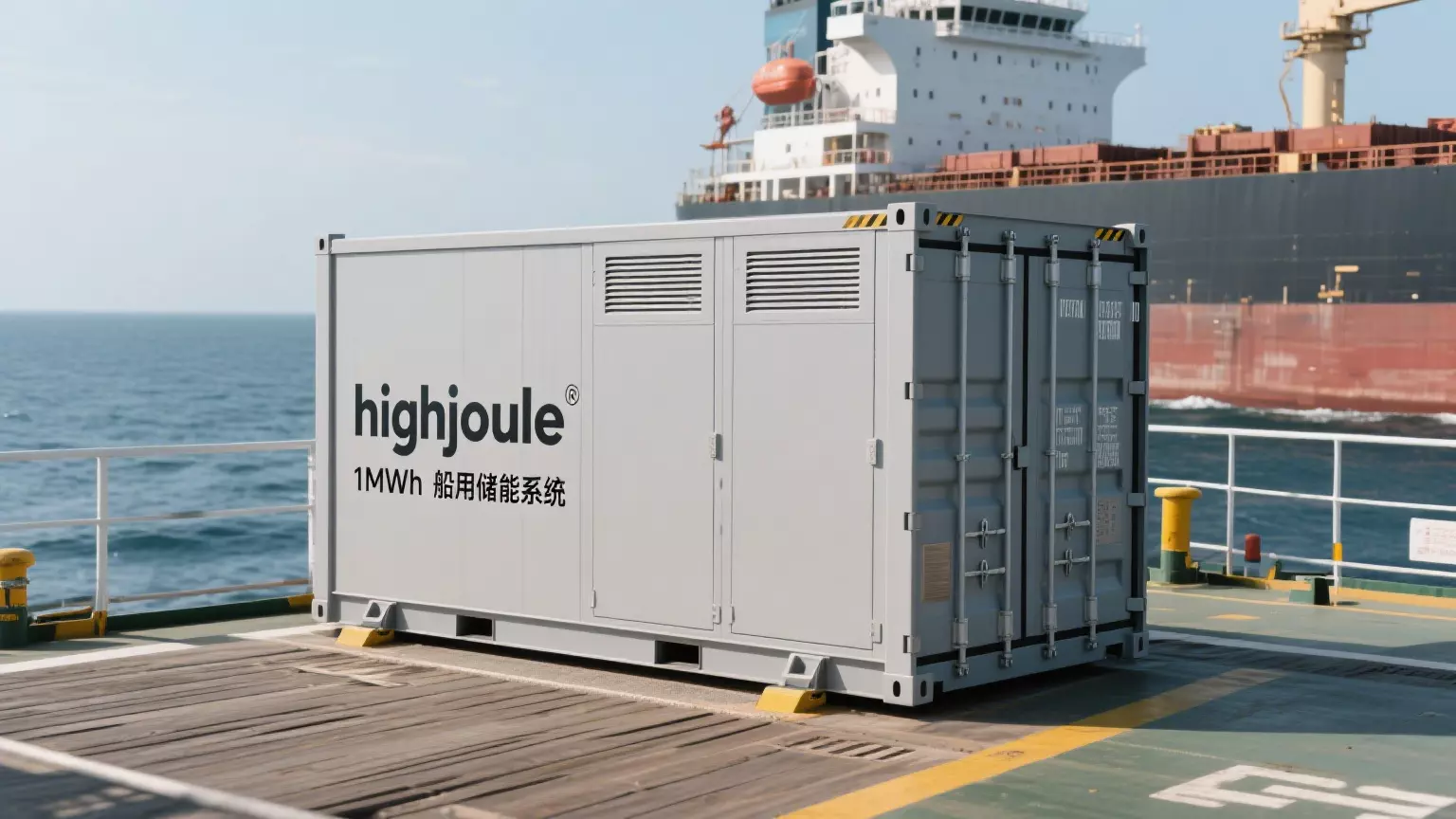
Does this sound a bit futuristic?
In fact, it is not far from us. With the rapid development of green shipping, offshore wind power, marine oil and gas, and distant-water fishing, the demand for the electrification and intelligence of ships is increasing. There are more and more systems on board ships, and the electricity load is soaring. Traditional diesel generators are expensive, noisy, troublesome to maintain, and cause a lot of pollution.
At this point, the “charging and discharging” energy storage system comes in handy.
Why is Marine Energy Storage so “Attractive”?
Don’t underestimate the energy storage system on board. Its value is reflected in several aspects:
- Fuel efficiency: The 600kWh energy storage system used by Maersk this time can save 260 tons of fuel in a year. This is achieved by recovering the waste heat energy generated during the operation of ships and then using this energy to charge the energy storage system in reverse, reducing the operating time of generators and directly cutting costs.
- Noise reduction: The energy storage system can replace diesel engine power supply at night or when berthing, significantly reducing noise and vibration, making it more friendly for crew members to rest and also reducing pollution to the Marine ecosystem.
- Less maintenance: Traditional diesel power generation equipment is prone to maintenance problems after long-term operation. Energy storage systems do not have complex mechanical structures, have a low failure rate, a long service life, and are relatively easier to maintain.
- Support for automated shipping: In conjunction with the EMS system, the energy storage system can achieve intelligent dispatching and management of all the ship’s electrical equipment, meeting various flexible demands of high-power electrical equipment such as electric propulsion, cold chain cabins, and radars.
Highjoule: Bringing “Land Use Experience” onto Ships
In fact, it’s not just Maersk that is taking action; an increasing number of domestic shipowners and shipyards are also studying the implementation plans for Marine energy storage systems. As a company that has long been dedicated to the research and development and manufacturing of energy storage systems, Highjoule is also replicating our “land-based experience” to Marine scenarios.
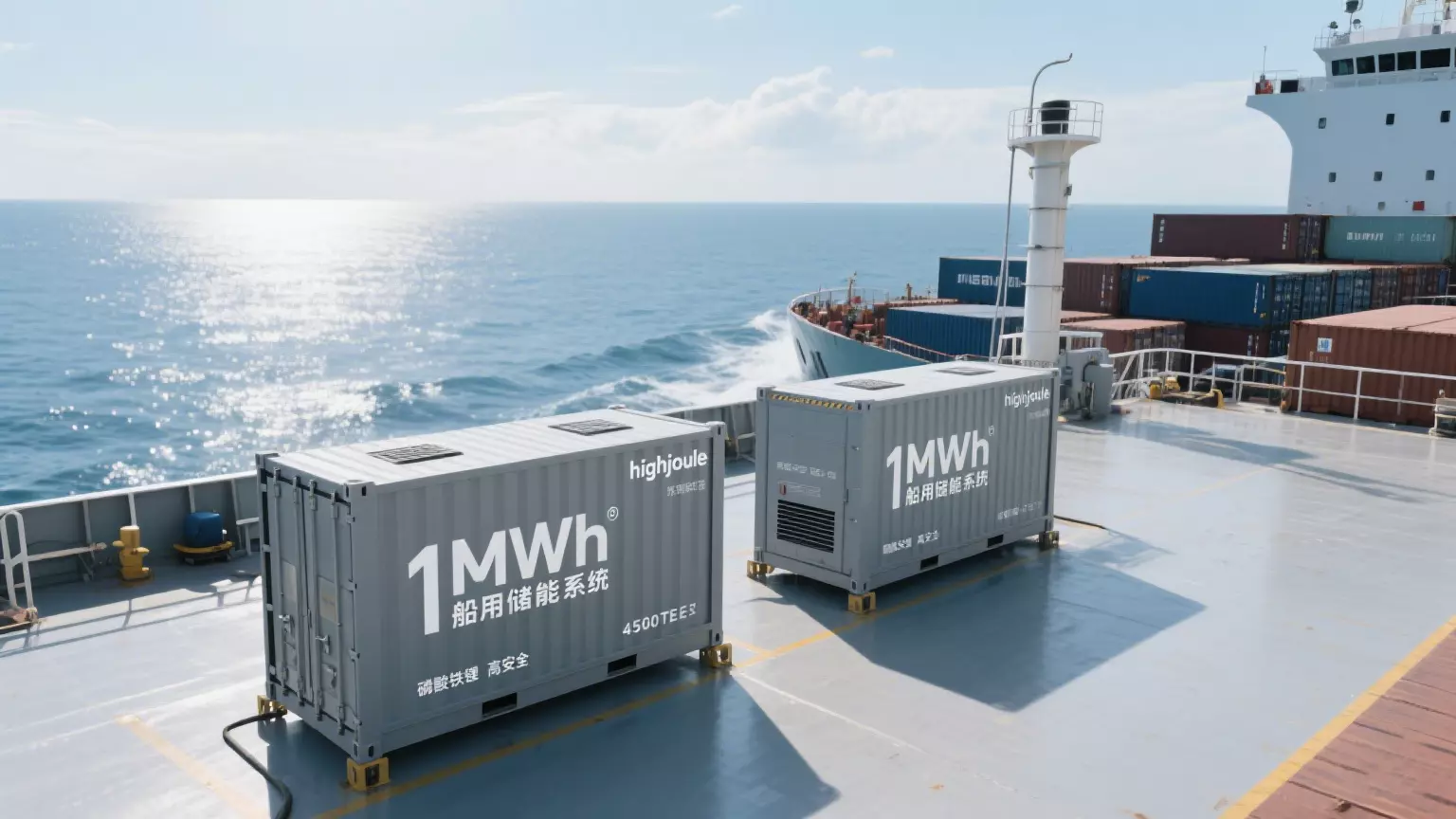
For instance, our classic 1MWh container energy storage system can actually be customized as a prototype for Marine energy storage.
It uses lithium iron phosphate cells, which have the advantages of high safety and long cycle life, and can operate stably in Marine environments with high humidity, high salt spray, and high vibration. The modular design is also highly suitable for flexible deployment in cabins, decks, or container positions.
The entire system integrates multiple sub-systems such as battery management (BMS), energy management (EMS), cooling, and fire protection. It not only meets the power supply requirements for various loads on board but also seamlessly connects with the ship’s automation system through communication interfaces to achieve intelligent remote monitoring.
“Sea Power Banks” Will Be a Standard Feature in the Future
In July, the Central Commission for Financial and Economic Affairs proposed “strengthening the Marine industry”, emphasizing the need to accelerate the development of strategic emerging fields such as Marine equipment and green ships. This actually also points out the direction for “Marine energy storage” technology.
Whether it is nearshore fishing vessels, inland river electric propulsion vessels, or ocean-going wind power operation and maintenance vessels and Marine research vessels, the future will all require cleaner and smarter energy systems. Compared with the traditional way of generating electricity by diesel and natural gas, energy storage systems are obviously more suitable for the requirements of low carbon and high efficiency.
And behind this, energy storage system manufacturers like Highjoule will be important drivers. From land to sea, from factory workshops to deep-sea development, we are using one “energy magic cube” after another to illuminate various power consumption scenarios.
Ultimately, green shipping is not just a slogan; it starts from one “visible detail” after another. Even just a “600kWh power bank” can quietly save a large ship hundreds of tons of fuel. In the future, with the development of battery technology and policy promotion, Marine energy storage will be as widespread as new energy vehicles today.
And Highjoule will continue to play the role of a screw in energy storage, adding a stable impetus to this journey of energy transition.
Find Your Solar + Battery Storage Specialist Now!
* Fill out this form and our experts will help you find the perfect solar storage solution for your home or business.


